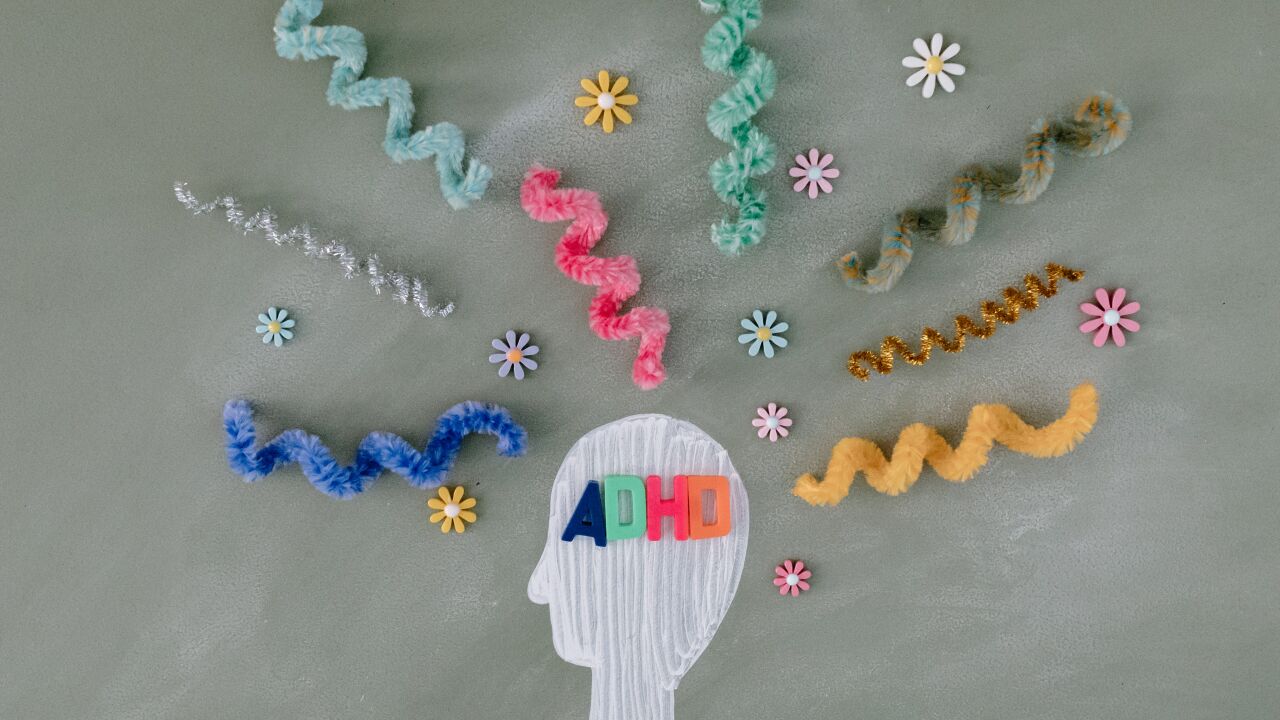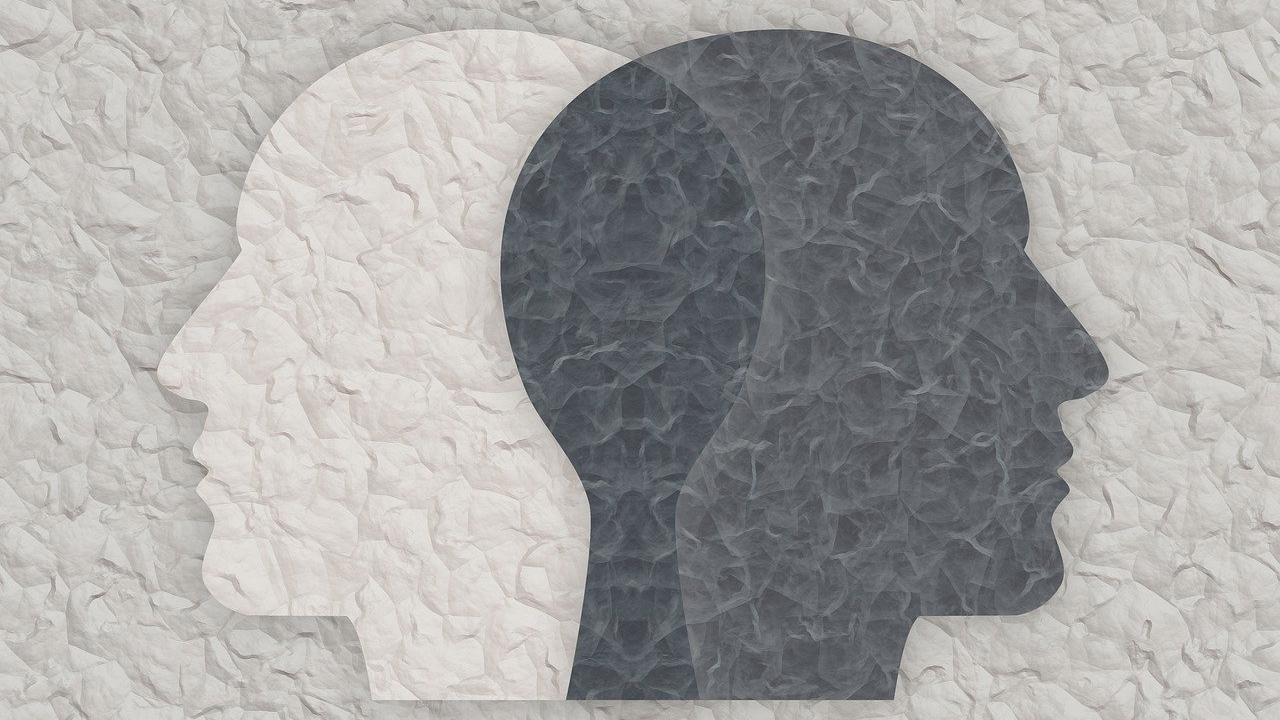Mental health is a person’s mental condition that includes social, psychological and emotional status which affects how we think, feel and act in day to day basis. The term mental health is frequently misunderstood and associated with negative characteristics of mental health. In recent years, depression, anxiety, dementia has become synonyms with mental health.
The Problem
Mental illness is currently one of the biggest challenges in public health, which is mainly affecting the youth, or people who are in the age group of 20-30 years. Both urban and rural India's healthcare system is incapable to tackle the root cause problems behind mental health issues. Around 69% of the Indian population lives in rural areas where the lack of health infrastructure and myths make this disease a social issue rather than biomedical.
Socio-demographic transition leads to changing health in people that give rises to newer health issues. The stigma attached to mental illness while seeking healthcare is one of the issues behind many cases left untreated.
Lack of health infrastructure and political commitment towards mental health in rural areas has a far-reaching implication on the development of a country. Mental health has cultural meaning embedded that how society responds to afflicted persons and influences the experiences. The cultural meanings influenced the way in which illness is experienced and how the illness is depicted, social response, etc. It becomes more difficult for an afflicted person to manage the stigma than illness. The stigma also limits access to treatments and affects relations and identity.
Half of the mental illness begins at a very young age but due to unawareness and lack of support most cases go undetected and untreated. Suicide, depression, drug abuse are leading issues related to mental health problems among the youth of India. An unbalanced diet and lack of physical activity also have an impact on mental health.
In a study done by ICMR (Indian Council of Medical Research, one in seven persons in India suffers from some kind of mental disorder. Depression was among the most common mental health issue (affecting 45.7 million people) and anxiety as second most (affecting 44.9 million people).
According to study, females were most likely to suffer from depression.
How to deal with it?
Early identification of symptoms helps individuals to cope up with the coming challenges. This problem can be prevented by raising awareness and understanding the early warning signs and symptoms. Psychosocial support that helps individuals to share and manage their problems is required at the individual and organizational levels. Services that make young adults feel empowered and connected should be developed.
More and more people should be trained in mental health support who can detect and manage mental health disorders. Promoting awareness on mental health as a health problem, not as stigma helps people to understand and develop modules to support the individuals at individual and community level both.
What is NMHP?
The national mental health program was launched by the government of India with the objective of providing mental health services like primary health care at community levels. The national mental health policy announced in Oct 2014 and the mental healthcare act in 2017 to provide security to the right of people against discrimination with mental health issues.
The national mental health programme aims at encouraging awareness on mental health through community participation and ensure the availability of mental healthcare services for every section of society including marginalized and vulnerable groups without being discriminated against. The NMHP (to be implemented at district levels) consists of the following components:
1. Early detection and treatment of a mental health problem
2. Training for healthcare workers including physicians to identify, diagnose and treat common mental illnesses.
3. Public awareness generation through IEC ( Information Education and Communication)
4. Monitoring and record-keeping of cases
With these, other components like the modernization of state mental hospitals, the extension to more than 100 districts from 27, etc. were added to NMHP.
Focus on more discussions and awareness campaigns, it's far important to bring humans to the mental counseling periods to ensure their problems are being addressed. With the stigma connected to those issues slowly fading away, we are hopeful people gets the assistance they need.
HealthCurate articles are backed by evidence curated from reliable sources and researches in India and other parts of the world.
We aim to provide only reliable health and medical information. If you find anything that doesn't align to this goal, do let us know.
View Sources
https://www.nhp.gov.in/world-mental-health-day_pg
https://mohfw.gov.in/sites/default/files/9903463892NMHP%20detail_0_2.pdf
https://main.icmr.nic.in/sites/default/files/reports/Mental_Health.pdf


